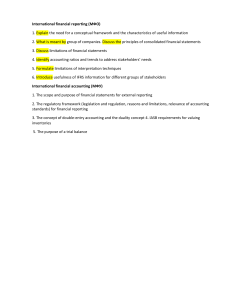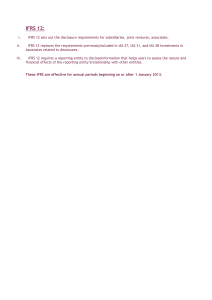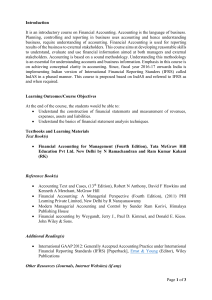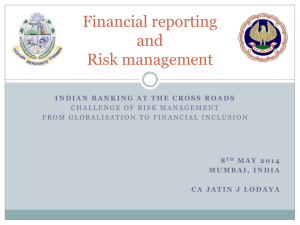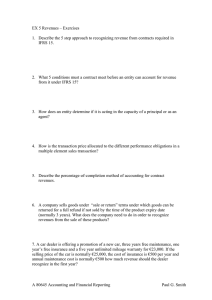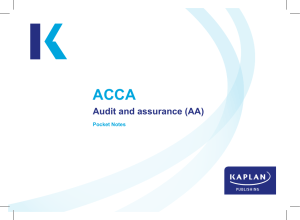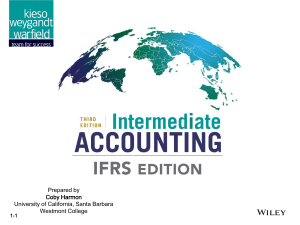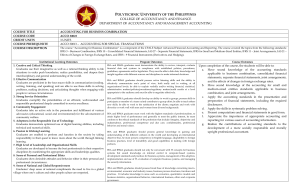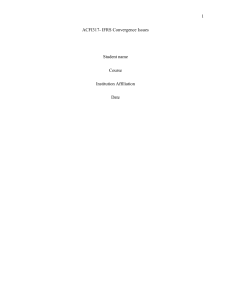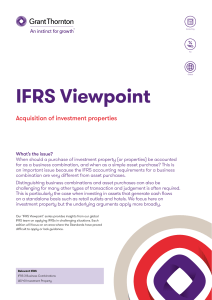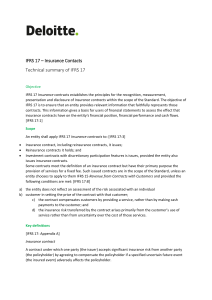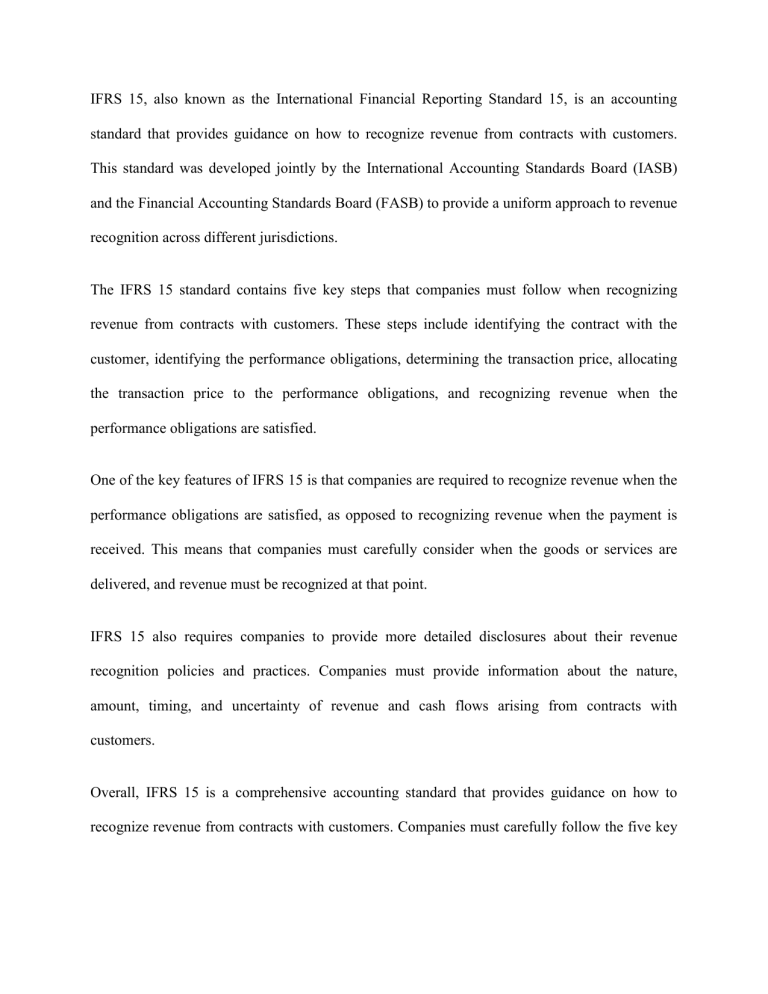
IFRS 15, also known as the International Financial Reporting Standard 15, is an accounting standard that provides guidance on how to recognize revenue from contracts with customers. This standard was developed jointly by the International Accounting Standards Board (IASB) and the Financial Accounting Standards Board (FASB) to provide a uniform approach to revenue recognition across different jurisdictions. The IFRS 15 standard contains five key steps that companies must follow when recognizing revenue from contracts with customers. These steps include identifying the contract with the customer, identifying the performance obligations, determining the transaction price, allocating the transaction price to the performance obligations, and recognizing revenue when the performance obligations are satisfied. One of the key features of IFRS 15 is that companies are required to recognize revenue when the performance obligations are satisfied, as opposed to recognizing revenue when the payment is received. This means that companies must carefully consider when the goods or services are delivered, and revenue must be recognized at that point. IFRS 15 also requires companies to provide more detailed disclosures about their revenue recognition policies and practices. Companies must provide information about the nature, amount, timing, and uncertainty of revenue and cash flows arising from contracts with customers. Overall, IFRS 15 is a comprehensive accounting standard that provides guidance on how to recognize revenue from contracts with customers. Companies must carefully follow the five key steps outlined in the standard and provide detailed disclosures about their revenue recognition policies and practices.
